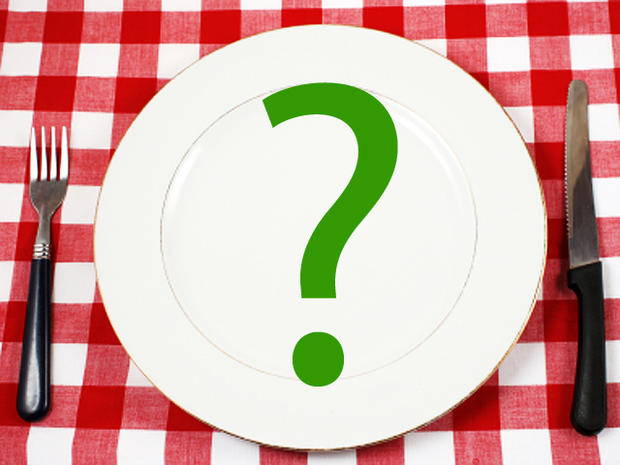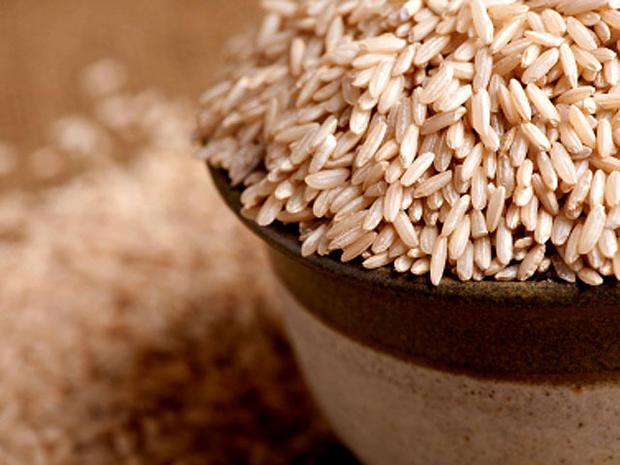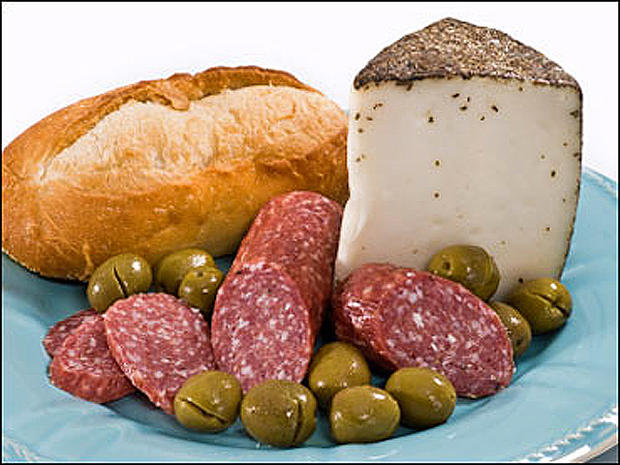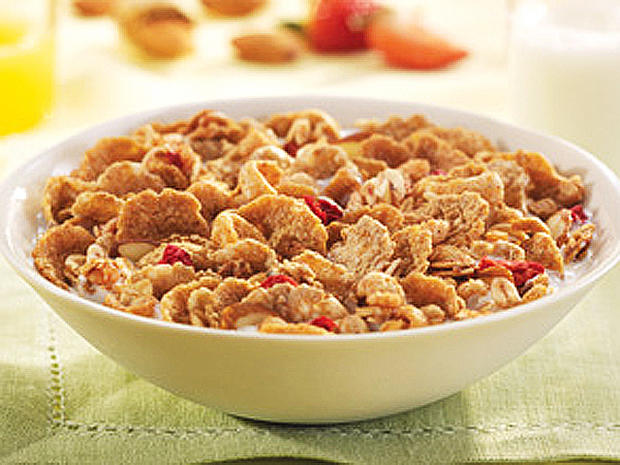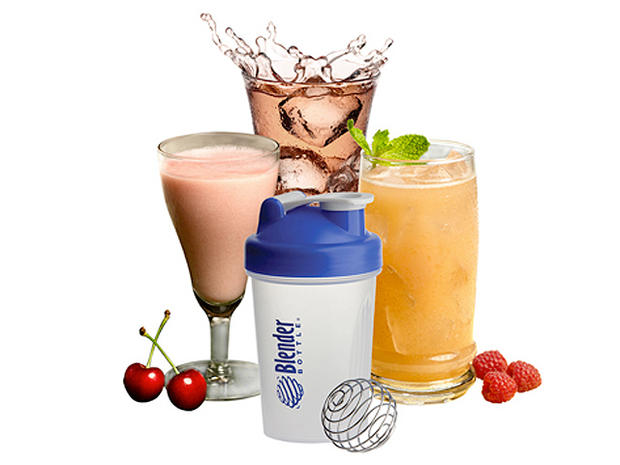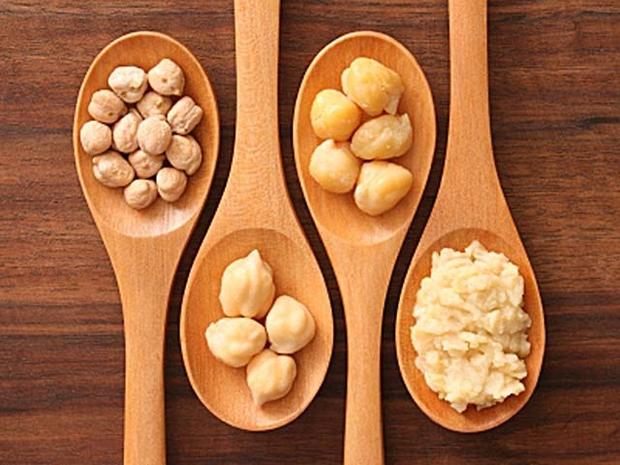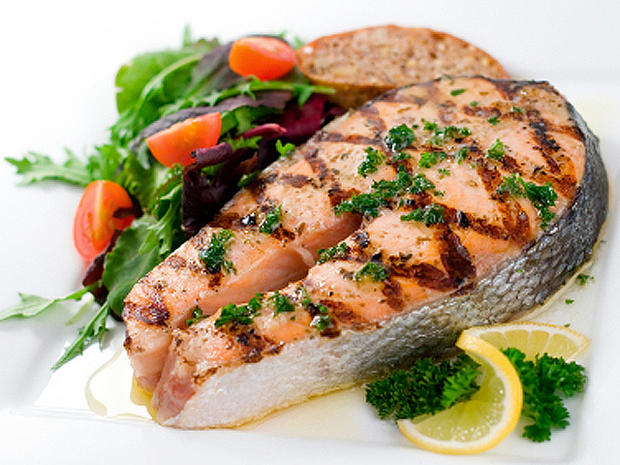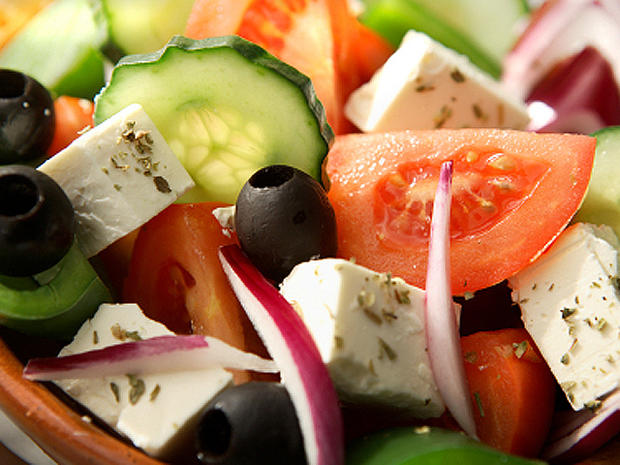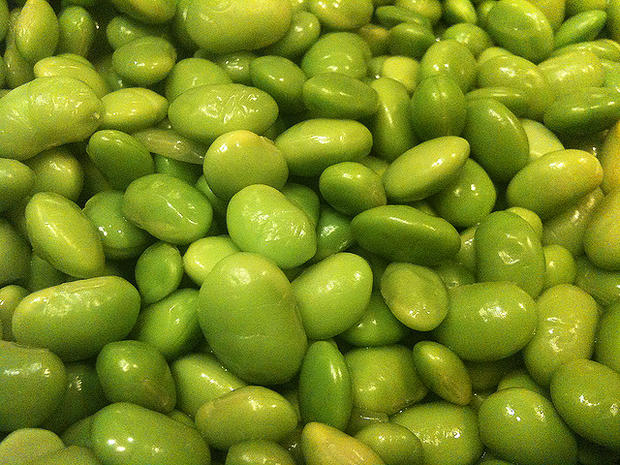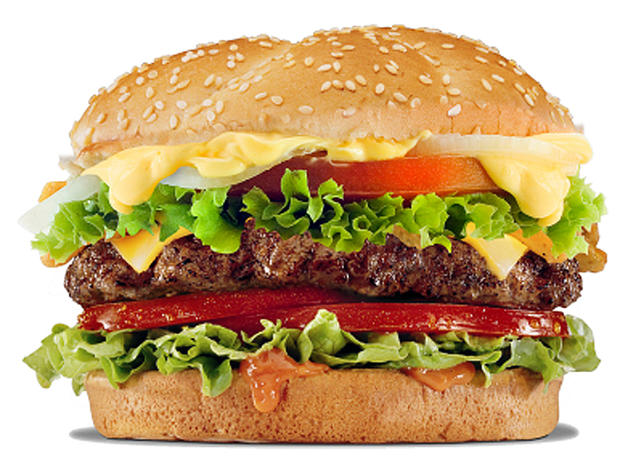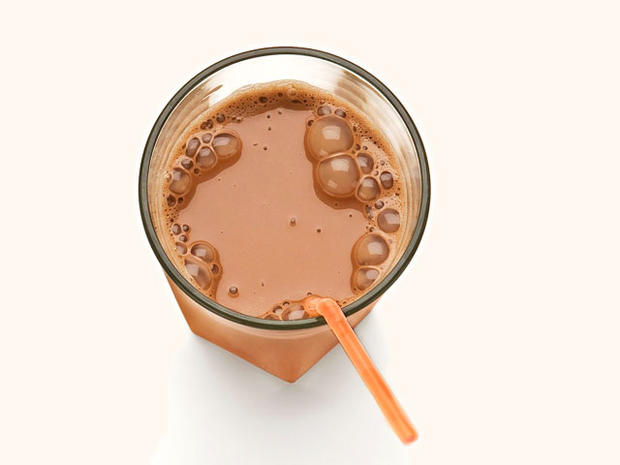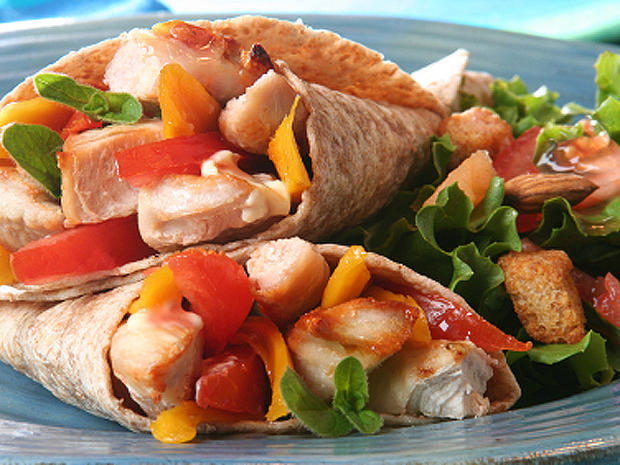Top 20 diets for weight loss
Food is fun. Fat? Not so much. But if you're fighting your own battle of the bulge, you'll want to know which of the myriad weight-loss plans out there is most effective. Here's how the 20 most popular plans stack up, according to U.S. News.
20. Paleo Diet
Were cavemen healthier - and skinnier? That's the premise of so-called "paleo" diets, which eschew all processed foods - including bread, pasta, and junk food - and focus on animal protein and plants. But there's little evidence that paleo diets bring weight loss, according to U.S. News. In one small study involving 14 participants, those on a paleo plan lost an average of about 5 pounds after three weeks.
Score: 1.9
19. Glycemic-index diet
The claim for so-called glycemic index diets - which are similar to the eating plans prescribed for the Zone Diet, Nutrasystem, and South Beach diet - is that you'll not only lose weight but also cut your risk for heart disease and diabetes. But can you really lose weight by cutting out "bad" carbs like white bread and instant mashed potatoes, and sticking with "good" carbs like fruits, veggies, and bran cereal? That's not clear, says U.S. News. One thing's for sure, the magazine says - you won't be hungry.
Score: 2.5
18. Zone diet
The Zone Diet restricts calories and focuses on the nutrient balance of frequent meals - 40 percent carbs, 30 percent proteins, and 30 percent healthy fat. The plan claims you'll drop a pound or two a week. U.S. News says the limited research available on the diet suggests that it's moderately effective for weight loss but says the 40:30:30 ratio is "no magic bullet."
Score: 2.6
16. Nutrisystem (TIE)
Nutrisystem does the work for you, delivering low-calorie meals right to your doorstep. But there's limited scientific evidence to show the diet's effectiveness, according to U.S. News. And the low-glycemic index eating plan remains controversial.
Score: 2.7
16. Medifast (TIE)
People who follow the Medifast Diet consume low-calorie Medifast-made shakes, soups, and other food products, with the goal of losing two to five pounds a week - without feeling hungry. Does it work? U.S. News says it's hard to put a number on how quickly the weight will come off. And alcohol is off limits.
Score: 2.7
15. Vegeterian diet
Will going vegetarian help you lose weight? Likely so. Research shows that vegetarians eat fewer calories than meat eaters - and they weigh less too. And vegetarian eating has been linked to reduced risk for heart disease and diabetes, says U.S. News. But can you go without meat?
Score: 2.9
11. TLC diet (TIE)
The Therapeutic Lifestyle Change Diet certainly isn't a fad diet - it's endorsed by the National Institutes of Health. U.S. News says the diet is heart healthy, since it was designed to lower cholesterol levels. But will the low-fat, low-calorie, low-cholesterol, eating plan help you lose weight? Research suggests that it will, though that's not it's primary goal.
Score: 3.0
11. South Beach diet (TIE)
The low-carb South Beach Diet says yes to snacks and dessert, and no to calorie-counting. But can the plan - which focuses on "good" carbs and fat - really help you lose 8 to 13 pounds within the first two weeks, like the company says? What little research there is on the diet suggests that it is effective in the short term, though long-term weight maintenance is another question, says U.S. News.
Score: 3.0
11. Ornish diet (TIE)
The low-fat diet popularized by Dr. Dean Ornish emphasizes produce, whole grains, and fish. The diet is good for your heart, and it's likely that it can help curb the risk for diabetes. If you stick with the more restrictive eating plan Ornish advocates, weight loss is likely, U.S. News says.
Score: 3.0
11. Mediterranean diet (TIE)
This popular eating plan focuses on produce, whole grains, nuts, olive oil, and other healthful foods rather than red meat, sugar, and saturated fat. It's tasty fare, and there's good evidence that it can reduce the risk of heart disease and diabetes. But while some research links the Mediterranean diet to a lower risk of being overweight, "the jury's still out," U.S. News says.
Score: 3.0
8. Mayo Clinic diet (TIE)
The eating plan prescribed by the "Mayo Clinic Diet" book lets you snack as much as you want - on fruits and veggies. No food is off-limits. The idea is to developing a healthful eating pattern. The diet is nutritionally sound, but it does involve some grunt work, says U.S. News. Preliminary evidence suggests that it is an effective way to lose weight.
Score: 3.1
8. Eco-Atkins (TIE)
This low-carb diet calls for 31 percent of daily calories to come from plant proteins, 43 percent from plant fats, and 26 percent from carbs, according to U.S. News. Beyond that, there are few rules, and the diet is considered less restrictive than Atkins - though most people on the plan give up meat. The plan does appear to be an effective way to lose weight, the magazine says. The diet does seem to have cardiovascular benefits, too.
Score: 3.1
8. DASH diet (TIE)
The diet - endorsed by the National Heart, Lung, and Blood Institute - lowers blood pressure by ditching salty, fatty foods, and replacing them with fruits, veggies, whole grains, and low-fat meat and dairy products. Sounds healthy, but what about weight loss? According to U.S. News, experts agree that sticking to DASH - especially a low-calorie version - has been shown to reduce weight in studies.
Score: 3.1
7. Atkins
The Atkins Diet let's you eat all the fatty foods you want and claims users can lose 15 pounds in two weeks - as long as they drastically cut carbohydrates. Despite the reported success in short-term weight loss over the first few weeks, many Atkins dieters gain the weight back once they start eating carbs again, says U.S. News.
Score: 3.2
5. Vegan diet (TIE)
Going vegan - removing all meat and dairy from your diet - supposedly reduces the risk of heart disease, diabetes, and cancer. U.S. News says the diet can also help you lose weight and keep it off. How? Vegans tend to eat fewer calories and have lower BMIs than their carnivorous counterparts, so if you add a little exercise to this inherently lower-calorie diet, you're likely to shed pounds.
Score: 3.3
5. Slim-Fast (TIE)
If you can put up with the snacks and meal replacements that are central to this low-cal diet, you probably will lose weight. But most people are likely to have trouble sticking to this regimen beyond 10 weeks, according to U.S. News.
Score: 3.3
4. Volumetrics
What's good about this diet? It's filling, and nothing is off-limits. But you've got to like fruits, veggies, and soup - and have time to prepare the meals. The idea behind the diet, which was developed by a Penn State nutrition professor named Barbara Rolls, is that cutting the "energy density" of the foods you eat will help you consume fewer calories while still feeling full. U.S. News says it's "very likely" you'll lose weight on the diet.
Score: 3.4
2. Raw food diet (TIE)
Going the raw-food route - meaning you're eating mostly plant foods without any cooking - can almost certainly bring weight loss. But you've got to love fruits and veggies and have the patience to put up with sometimes "tedious" meal preparation, according to U.S. News.
Score: 3.5
2. Jenny Craig (TIE)
The Jenny Craig diet is all about restricting calories, fat, and portions. There's certainly no guesswork - the packaged meals are delivered right to your door. But it's costly, and sticking with the plan means avoiding most restaurant meals. The plan claims it can trigger weight loss of up to two pounds a week. It seems to deliver, says U.S. News. If your palate and pocketbook can hold out.
Score: 3.5
1. Weight Watchers
And the winner is...Weight Watchers. It lets you eat what you want, with no foods off-limits. On the downside, it's pricey and it requires you to keep track of the point values of the foods you eat. The plan says you'll lose up to two pounds a week, and U.S. News says most studies say it delivers.
Score: 3.8
